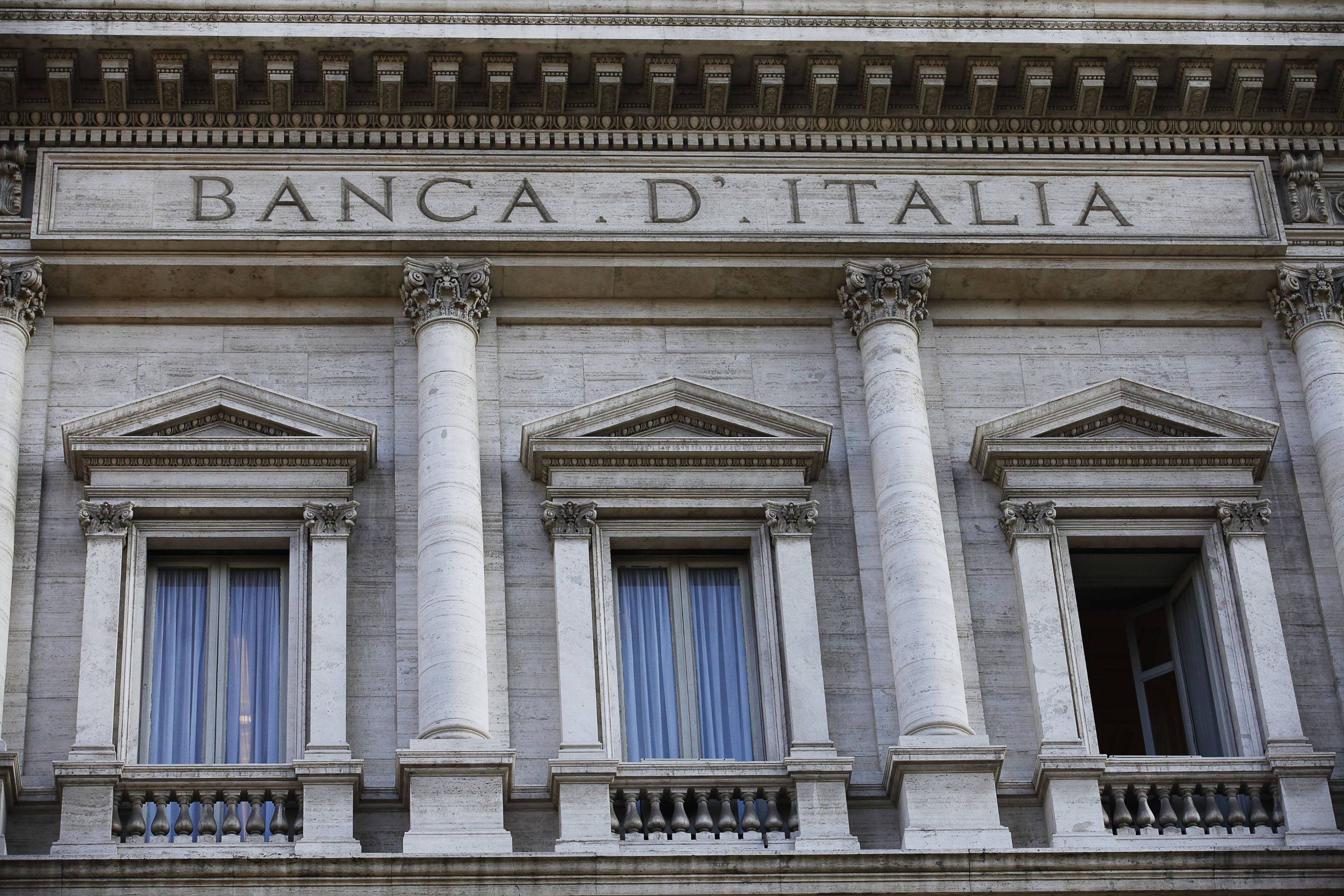Bcc, here’s how the Bank of Italy should intervene

In addition to the opening of Conte to the mutual banks, the intervention of the Bank of Italy is needed. Here's how and why. The speech by Marco Bindelli, vice president and managing director for relations with the Cooperative Credit and the Parent Company of Banco Marchigiano-Credito Cooperativo (Ccb group)
The effects of Covid-19 on bank loans and those of calendar provisioning in the regulatory context of the ECB's prudential mechanisms, in addition to imposing more and more provisions, produce an increase in the cost of capital for banks, hence the conclusion, rightly expressed on the first page of this newspaper, that banking is no longer profitable.
Aware of the upcoming increase in bad debts, the ECB and EBA intervened first to suggest not to distribute dividends and not to make purchases of treasury shares and then to ensure that the valuation of loans immediately takes into account the effects that will occur at the end of the moratoriums. Therefore, due to the health emergency and the European banking regulation, a new period of difficulty is expected for banks, especially Italian ones which, unlike the Northern European ones, have always supported the real economy.
In this context of income flows unable to adequately remunerate the shareholders, the lucrative bank (ie established in the form of a joint stock company) appears to be more penalized and the recipient of possible reorganization actions whose cost will be borne by the taxpayers, accentuating that annoying phenomenon typical of the sector banking for which the profits belong to the shareholders and the losses are socialized.
Not surprisingly, among the folds of the recently approved decree (the so-called August Decree), an amendment has sprung up to reduce bank losses generated by the sale of bad loans through the transformation of tax credits into tax credits, which benefits large banks with difficulties and encourages aggregations.
If we want to avoid the mutualization of losses making us regret the public banking model, we need to realize that the only countercyclical banks, capable of fulfilling their role without maximizing profitability for shareholders, are the mutual banks.
One of the main characteristics of the mutual banks is precisely that of having to allocate at least 70% of the profits to the indivisible reserve, so if placed in the condition of achieving their mission (freed from the constraints that derive from being classified among significant and as parent company who do not perform their functions correctly) could fully play the role of a local bank at the service of SMEs, without burdening, as always happened, the state budget in the event of failure.
Consequently, particular appreciation received the intervention of the President of the Conte Council at the Confcooperative assembly in which he questioned some aspects of the reform, denounced the risks of excessive regulatory homologation with constraints that assimilate the mutual banks to the main giants European banking institutions (preventing them from fulfilling the role of subjects that financially support SMEs and cooperatives) and has made commitments for reflection in the European context.
Taking into account the difficulties of intervention within the EU, so that Conte's words are not thrown to the wind, it is necessary to rediscover the domestic will to support any regulatory changes to
properly requalify the mutual banks among the less significant entities. To apply the principle of proportionality of supervision it would be enough to intervene on art. 37bis of the Tub and eliminate the obligation to draw up the consolidated financial statements of cooperative banking groups, thus giving more autonomy to the sound and virtuous mutual banks and leaving the management and coordination activities to the parent companies.
Moreover, the possibility of transforming the parent companies into IPS managers to bring the mutual banks under the direct supervision of the Bank of Italy has disappeared after the amendment presented by the M5S to the aforementioned Decree was considered inadmissible on the matter, despite the fact that it was inserted everything.
The umpteenth unsuccessful attempt to transform cooperative banking groups into IPs to enhance the biodiversity of the banking system denotes, on the one hand, the difficulty of removing the paradoxes of the reform without a specific willingness to intervene by the Mef and supervision and, on the other, the need to propose a different amendment with a more shared parliamentary path. Bankitalia, as highlighted by illustrious jurists, in addition to appearing silent on the subject and not taking concrete action for the coherent functioning of the groups, unlike Conte, appears even reluctant to enhance the territorial banks and their role in favor of SMEs; as if size were the only solution to management's solidity and quality problems. In this regard, the words of Governor Visco in a recent interview with The Banker leave little hope: “There is a lot of controversy over the size of the banks, it is not up to us to say which model must prevail.
I am very wary of the importance of local banks, not because they are not important for the local economy but a bank must be solid, capable of doing so, with adequate management and attention to innovation, otherwise it must form a consortium with others ".
On the other hand, the initiative anticipated by De Mattia for the revisiting project of the reform, involving the representative bodies, the category and authoritative experts, is expected.
This is a machine translation from Italian language of a post published on Start Magazine at the URL https://www.startmag.it/economia/bcc-ecco-come-deve-intervenire-banca-ditalia/ on Sun, 18 Oct 2020 05:05:29 +0000.
